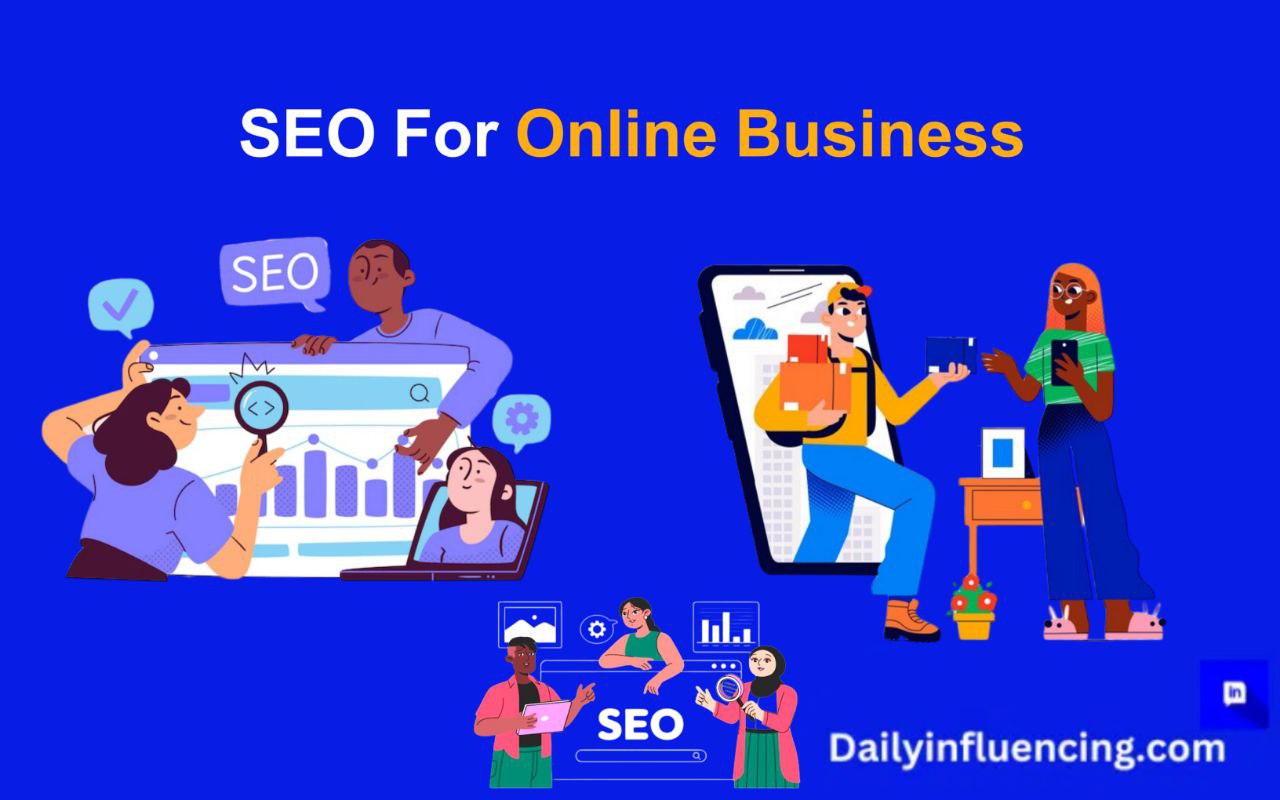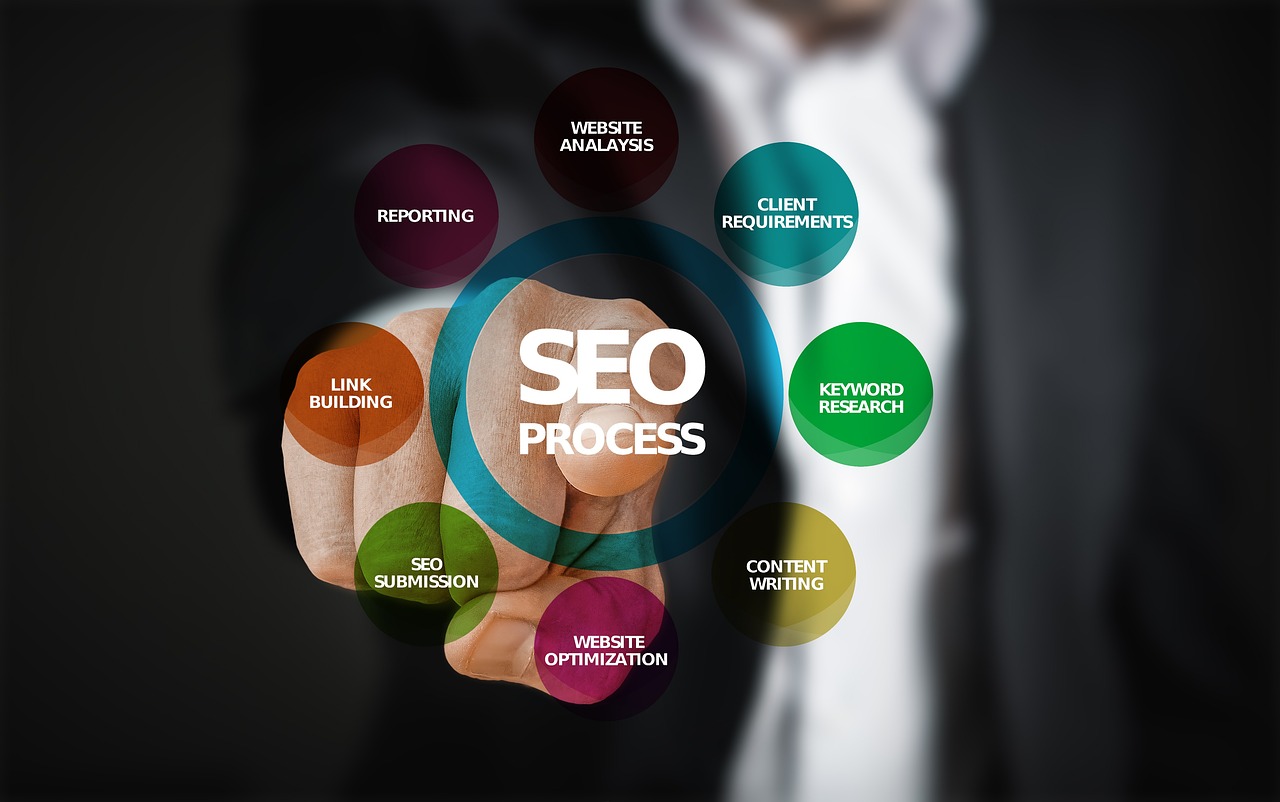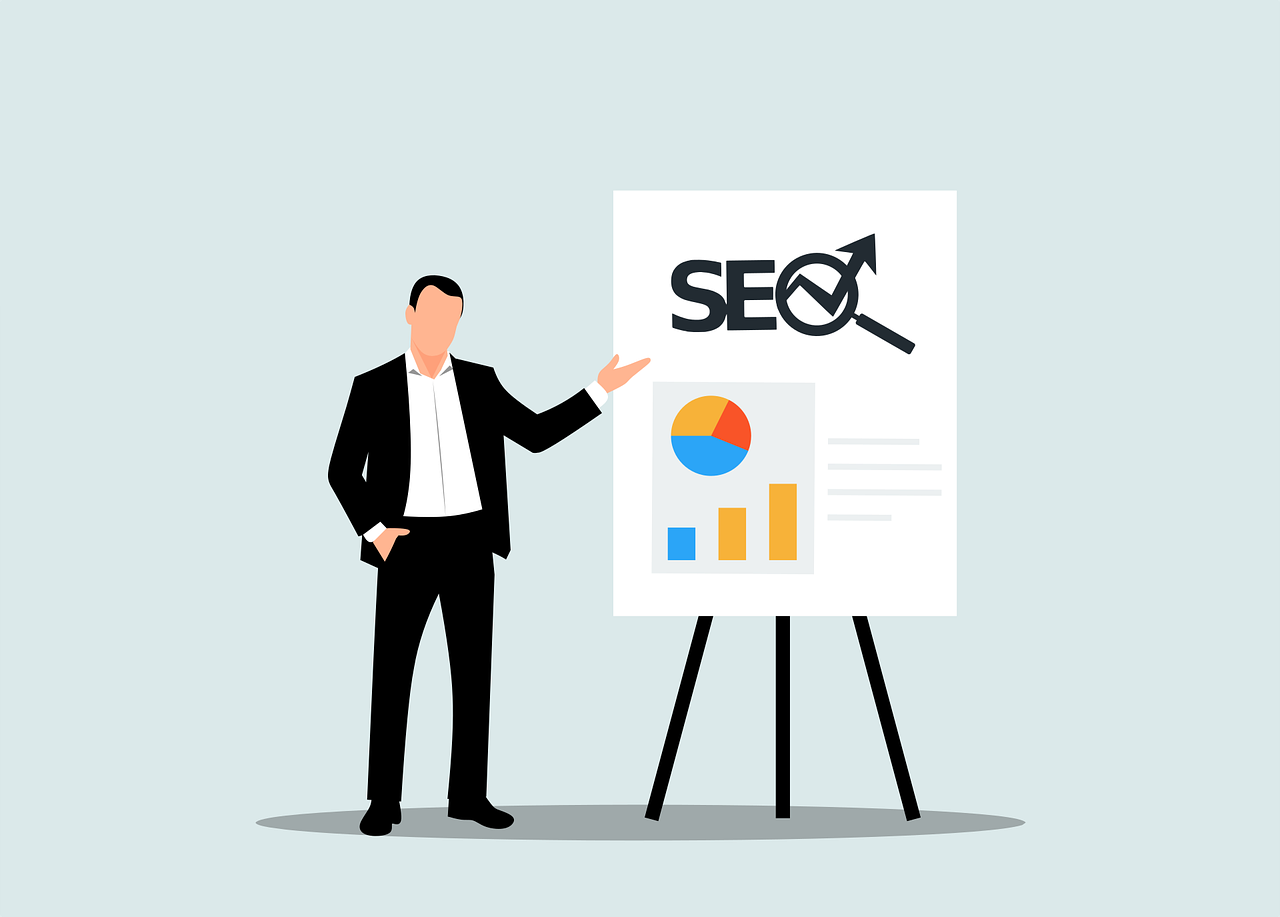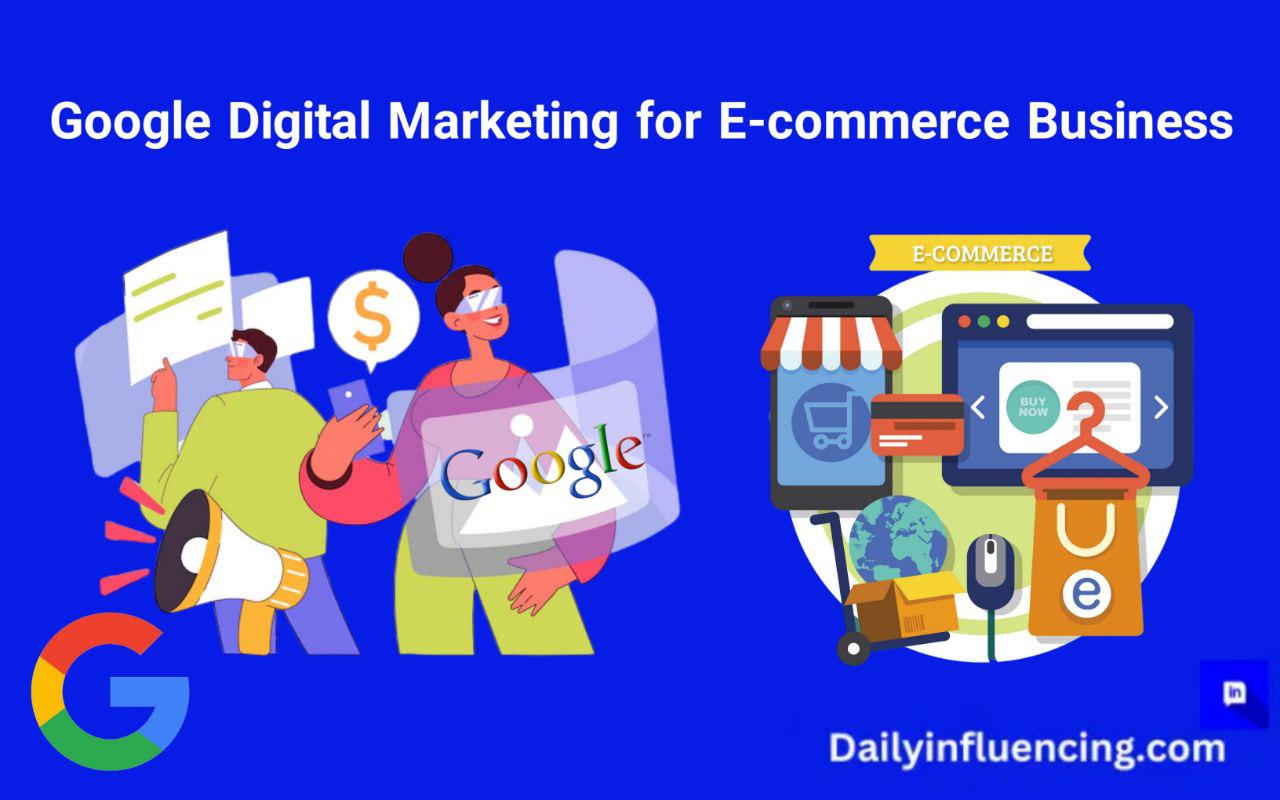
SEO (Search Engine Optimization) plays a vital role in the success of any online business. If you want your online store, blog, or service website to appear on Google’s first page when people search for things online, then understanding and applying SEO or search engine optimization is important.
With a few simple steps, you can begin optimizing your website and content to rank in search results and bring in more high-quality visitors. In this article, you will learn everything you need to know about SEO and how to use it for your online business, from the basics to more advanced strategies.
What is SEO?

SEO stands for Search Engine Optimization. It involves the techniques and strategies used to improve the visibility of a website on search engine results pages (SERPs). The primary goal of SEO is to get your website to rank higher in search engine results, so more people can find your site when they search for related keywords.
However, for any online business, this means more potential customers will see your website, increasing the chances of getting clicks, conversions, and sales.
SEO tactics and strategies include optimizing website structure and content, creating backlinks, doing keyword research, and assessing website performance with various analytics tools. By applying these strategies, businesses can boost their website’s relevance and authority in the eyes of search engines, attracting more visitors.
Search engine optimization for B2B is not only useful in increasing organic traffic to your website, but it is also a cost-effective way of generating leads. SEO ensures that your site receives the highest-quality, most relevant traffic, which increases your chances of converting visitors into leads and customers.
Importance Of SEO For Online Business?

Search Engine Optimization is an important part of online marketing. Here’s why:
Organic Traffic
The most important reason for using SEO in online business is that it helps increase organic (unpaid) traffic to your website. Organic traffic comes from search engines, and this type of traffic is highly targeted, meaning the people visiting your site are already interested in what you offer.
2. Cost-Effective
Compared to paid advertising, SEO is a more affordable option for long-term success. While it takes time to see results, once your website ranks well, the traffic you get is free.
3. Builds Trust and Credibility
Websites that appear higher on search engines are often seen as more trustworthy and credible. A well-optimized website will gain trust from visitors, which increases the likelihood of them making a purchase.
4. Better User Experience
SEO involves optimizing your website for both search engines and users. This means improving the overall user experience by making your site faster, easier to navigate, and more engaging.
5. Competitive Advantage
Many online businesses are vying for attention in a crowded market. By using SEO effectively, you can give your business a competitive edge over others that aren’t optimizing their websites.
How SEO Works For Online Business?

Search engines like Google use complex algorithms to rank websites. These algorithms look for several factors to determine which pages are the most relevant and valuable to users. Here’s how SEO works for online businesses:
1. Keyword Research
To attract relevant traffic, you need to know what terms or phrases people are searching for. This is where keyword research comes in. By identifying the right keywords for your online business, you can create content that answers the questions your audience is asking.
2. On-Page SEO
This involves optimizing the content on your website to make it more appealing to search engines. Key elements include title tags, meta descriptions, header tags, keyword usage, and image alt text.
3. Off-Page SEO
This includes actions you take outside of your website to improve its ranking. Link building (getting other websites to link to your content) is one of the most important off-page SEO strategies.
4. Technical SEO
This focuses on the technical aspects of your website, such as site speed, mobile-friendliness, secure connections (HTTPS), and a well-structured sitemap. A technically optimized website is easier for search engines to crawl and index.
5. Content Creation
Content is king in SEO. Creating valuable, informative, and engaging content that answers the needs of your target audience is key to attracting visitors and ranking well.
Step-by-Step Guide To Using SEO For Online Business

Now that we understand the importance of SEO, let’s dive into how you can use SEO for your online business.
1.Conduct Thorough Keyword Research
The foundation of any successful SEO strategy is solid keyword research. Without knowing which keywords your target audience is searching for, you can’t optimize your content. Here’s how to get started:
Use Keyword Tools
Tools like Google Keyword Planner, SEMrush, and Ahrefs can help you identify high-volume keywords related to your online business.
Focus on Long-Tail Keywords
Long-tail keywords are longer, more specific phrases that often have lower competition. These can be extremely effective for driving targeted traffic to your site.
Analyze
Look at your competitors’ websites to see which keywords they are ranking for. This can give you insights into what’s working in your niche.
Once you have your list of keywords, strategically incorporate them into your website’s content. But be sure to avoid keyword stuffing (overusing keywords), as Google values natural, well-written content.
2. Optimize Your Website With On-Page SEO
On-page SEO is the process of optimizing individual pages on your website. Here are the key elements of on-page SEO for online businesses:
Title Tags
The title tag is one of the most important on-page SEO factors. It should include your primary keyword and clearly describe what the page is about.
Meta Descriptions
The meta description is a short snippet of text that appears under your page title in search results. It should be engaging and contain the main keyword.
Header Tags (H1, H2, H3)
Use header tags to break up your content and make it easier to read. The H1 tag should be used for your main title, and subsequent headers (H2, H3) should structure the content in a logical manner.
Internal Linking
Use internal links to connect related pages on your website. This not only helps with navigation but also boosts SEO by spreading link equity across your site.
Keyword Placement
Include your target keywords in strategic places such as the first 100 words, headers, image alt text, and within the content itself. But remember to use them naturally.
3. Improve Your Website’s User Experience (UX)
Search engines prioritize websites that offer a good user experience. Here are some tips to improve the UX of your online business site:
Mobile Optimization
With more people using smartphones to browse the web, having a mobile-friendly site is crucial. Google uses mobile-first indexing, meaning they rank mobile versions of sites first.
Page Speed
A slow website can hurt your rankings. Use tools like Google PageSpeed Insights to analyze your site’s speed and implement fixes like image compression, caching, and reducing unnecessary scripts.
Easy Navigation
Make sure your website’s navigation is intuitive. A well-structured site with clear menus helps both users and search engines find important content quickly.
4. Build High-Quality Backlinks
Off-page SEO, particularly link building, is essential for improving your site’s authority and ranking. Backlinks are links from other websites that point to your site. Here’s how to build high-quality backlinks:
Guest Blogging
Write guest posts for other blogs in your industry and include a link to your website in the author bio or content.
Content Promotion
Create shareable, valuable content (such as infographics, research, and guides) that others want to link to.
Reach Out
Don’t be afraid to ask for backlinks. Reach out to relevant websites in your industry and ask them to link to your content if they find it valuable.
5. Use Local SEO For Online Business
If your online business serves a specific geographic area, local SEO is essential. Here’s how to optimize for local search:
Google My Business
Set up and optimize your Google My Business profile. This helps your business show up in local search results and Google Maps.
Local Keywords
Include local keywords (e.g., “best coffee shop in New York”) in your content and meta tags.
Local Listings
Ensure your business is listed in local directories like Yelp, Yellow Pages, and other relevant sites. Consistency in your business name, address, and phone number (NAP) is key.
6. Focus On Content Marketing
Content marketing is one of the most effective ways to drive SEO for your online business. Here’s how to create content that boosts your SEO:
Blog Posts
Regularly publish blog posts on topics relevant to your audience. Make sure each post is optimized for SEO by including targeted keywords and valuable information.
Product Descriptions
If you’re running an e-commerce store, write unique, detailed product descriptions that include relevant keywords.
Video Content
Videos can boost engagement on your website. You can create product demos, tutorials, and other video content that attracts visitors.
7. Measure And Analyze Your SEO Efforts
To know if your SEO strategy is working, you need to measure your results. Use tools like Google Analytics and Google Search Console to track:
Traffic
Monitor how much organic traffic is coming to your website.
Keyword Rankings
Keep track of which keywords you’re ranking for and how your rankings change over time.
Conversion Rates
Track how many visitors are completing desired actions, such as making a purchase or signing up for a newsletter.
Conclusion
SEO is an ongoing process that requires patience and persistence. By using SEO for your online business, you can drive more traffic to your website, improve user experience, and increase sales.
Whether you’re just starting or looking to improve your current SEO efforts, following the steps outlined in this guide will set you on the path to success.
Remember, SEO is not a one-time task but an ongoing effort to maintain and improve your website’s visibility. Stay up-to-date with the latest SEO trends, and continuously optimize your content to stay ahead of your competitors. By doing so, you’ll give your online business the best chance to succeed in today’s competitive digital marketplace.
Search Engine Optimization and SEO for Online Business are key concepts for anyone running a website, and mastering them will give your online business the desired traffic.
FAQS On How to Use SEO for Online Business
1.Can I do SEO For My Own Business
Yes, you can do SEO yourself! Many basics, like keyword research, creating quality content, and optimizing titles and meta descriptions, can be learned with online resources. However, if you want advanced techniques or faster results, hiring a professional can help.
2. How do I SEO for an e-commerce website?
Perform Keyword Research That Considers Buyer Intent.
Don’t Forget Long-Tail Keywords.
Optimize Product Pages to Improve Ranking.
Make Sure Your Site Is User Friendly.
Use a Simple URL Structure.
3. Can a beginner do SEO?
SEO for beginners can take a few weeks to gain a basic understanding of SEO concepts and practices. But it may take several years of continuous learning and practice to become an SEO expert and understand advanced SEO concepts.





